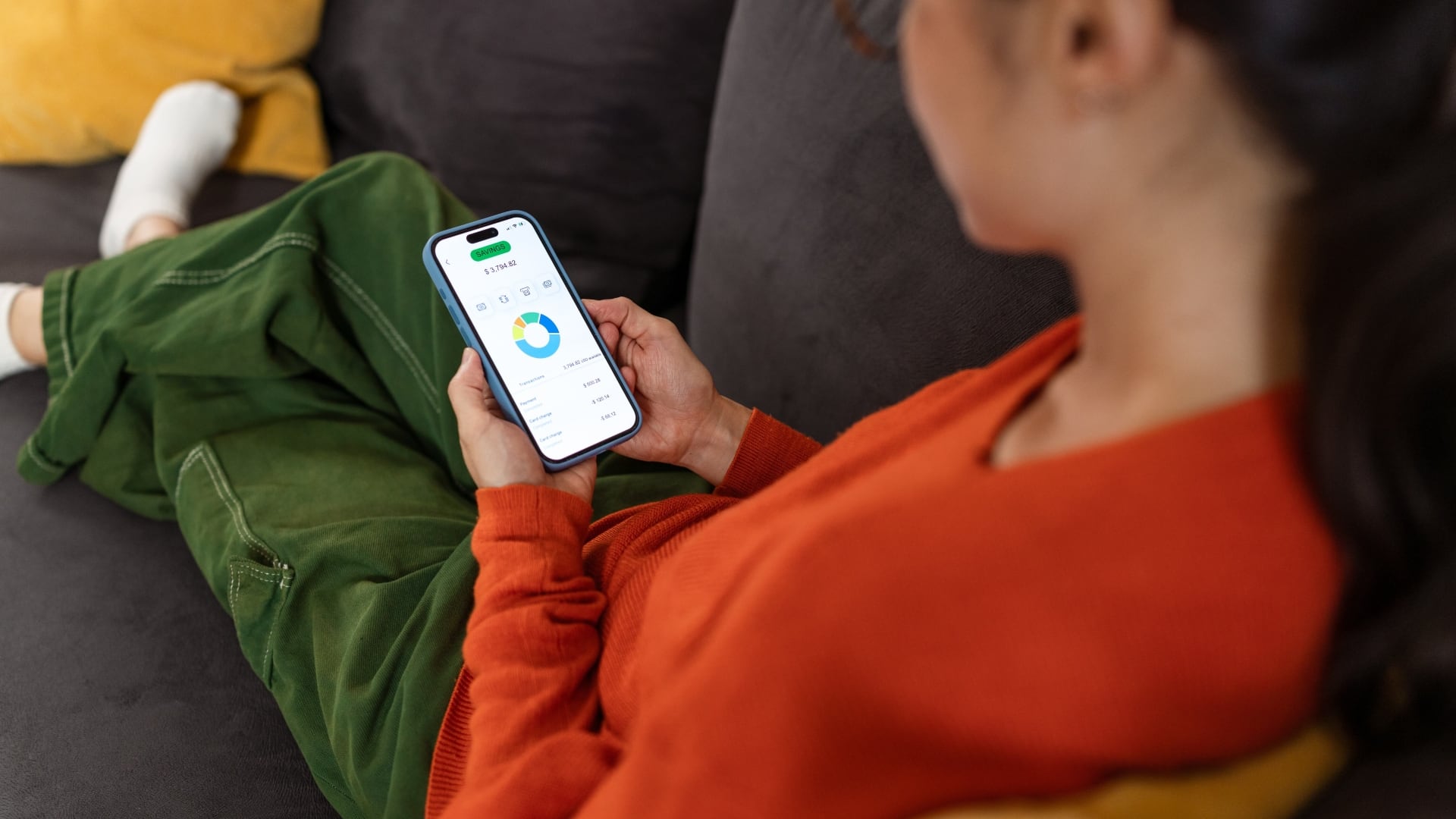*By Conor White* As an actor in the 1980s, Michael J. Fox journeyed to an imagined future ー and in 2018, his real-life project is launching into space. On Thursday, a Cygnus NASA spacecraft will deliver more than 800 pounds of experiments to the International Space Station on behalf of the Michael J. Fox Foundation for Parkinson's Research, an organization the actor founded in 2000, roughly nine years after he was diagnosed with the disease. "They're going to be trying to grow crystals out of this protein that seems to be connected to Parkinson's disease," explained Sarah Lewin, an associate editor at Space.com. "Basically, the reason they want to do that is the proteins are really small and hard to figure what's going on with them, if you grow a crystal, you can learn more about their structure," she added Wednesday in an interview on Cheddar. Due to gravity, the crystals are exponentially more difficult to grow on Earth. That isn't as much of an issue in space. Astronauts will also be receiving a "refabricator" ー essentially, a 3D printer with a special talent. "This is a device that can take used plastic bags and old food packaging on the space station and melt down the plastic and 3D print it into tools and things like that," Lewin said. With NASA planning missions to Mars, astronauts won't be able to receive tools ー so it's imperative the 3D device is tested and works correctly long before then. And, of course, there's the cost to consider. "It's really expensive to send things up to the Space Station so if you can just make it there, it's much better," Lewin said. For full interview [click here](https://cheddar.com/videos/nasa-prepares-to-launch-experiments-to-iss).












